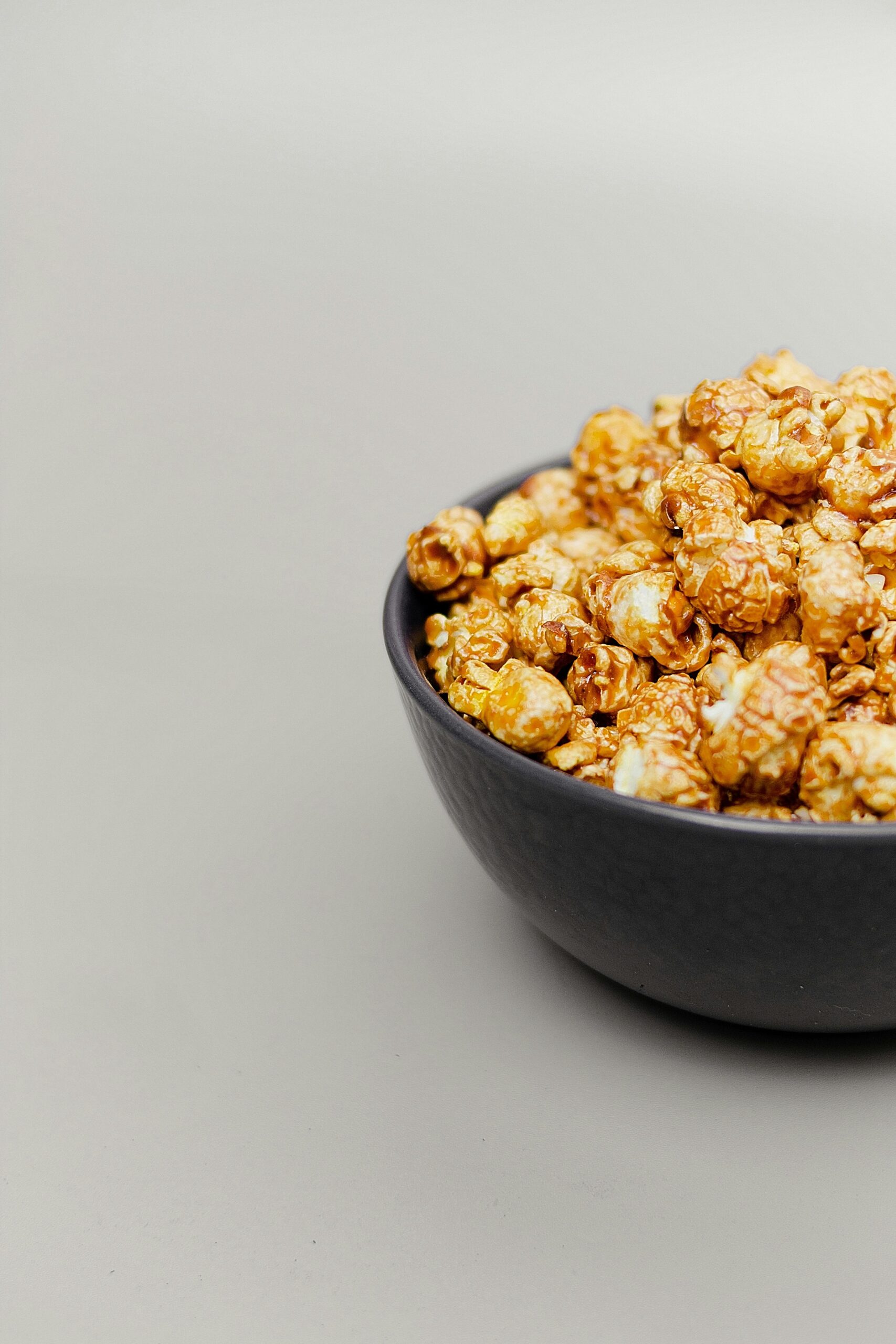Effective Ways to Achieve a Kalorienüberschuss in 2025 for Better Muscle Gain
In the pursuit of muscle gain, achieving a Kalorienüberschuss—or calorie surplus—is essential for anyone serious about enhancing their body composition. As we delve into the benefits of increasing caloric intake, this article shines a light on practical strategies that can help optimize your Ernährungsplan to ensure effective Muskelaufbau. A well-structured approach to Gewichtszunahme not only supports athletic performance but also enhances overall well-being.
Whether you’re venturing into bodybuilding, fitness, or simply focusing on personal health goals, understanding how to manage your Kalorienbedarf and integrate nutrient-dense foods into your diet is vital. Throughout this article, we will cover key elements, from understanding macronutrients to meal preparation techniques. Join us as we explore effective ways to achieve that coveted calorie surplus, providing you with actionable tips and insights.

Understanding Kalorienüberschuss and Muscle Gain
It’s crucial to grasp what a Kalorienüberschuss entails and how it directly influences Muskelaufbau. Essentially, a calorie surplus occurs when you consume more calories than your body burns in a day. This excess energy contributes to muscle repair, growth, and overall adaptation to exercise demands.
What is Kalorienüberschuss?
A Kalorienüberschuss is defined as the difference between calorie intake and calorie expenditure. For effective muscle gain, you ideally want to maintain a consistent surplus, ensuring that your body has the necessary energy to synthesize new muscle tissues. This process is intricately linked to your overall Essgewohnheiten and fitness level.
Calculating Your Kalorienbedarf
To effectively manage your Kalorienüberschuss, utilize a Kalorienrechner to accurately determine your daily caloric needs, taking into account factors like age, weight, height, and activity level. From this baseline, you can establish how much additional intake is necessary to promote muscle growth during your Krafttraining regimen.
Benefits of a Kalorienüberschuss
A deliberate calorie surplus promotes an increase in lean muscle mass, improves energy levels, and enhances recovery times post-exercise. By creating an environment conducive to muscle growth, you’re not just impacting your physique but also your overall fitness journey.
Key Nutrients for Achieving a Kalorienüberschuss
After understanding the concept of calorie surplus, the next step is to explore the types of nutrients essential for successful weight gain. The focus should be on a balanced intake of Proteine, gesunde Fette, and Kohlenhydrate—each playing a significant role in supporting your body’s metabolic processes and muscle synthesis.
Importance of Protein-rich Foods
Protein plays a pivotal role in muscle repair and growth. Strive for a diet high in quality protein sources like lean meats, fish, dairy, eggs, and plant-based alternatives such as legumes and beans. Adequate protein intake allows for effective recovery and growth following intense workouts.
Integrating Healthy Fats
Gesunde Fette, such as avocados, nuts, and olive oil, contribute to overall calorie intake while providing essential fatty acids vital for health. These fats help regulate hormones and support muscle growth, making them a critical component of your dietary strategy.
Carbohydrates as Energy Sources
Kohlenhydrate are crucial for fueling workouts and recovery. Incorporating complex carbohydrates from whole grains, fruits, and vegetables can enhance your energy levels, allowing you to perform optimally during your training sessions.
Meal Planning for Optimal Kalorienüberschuss
Strategic meal planning is fundamental to maintaining a successful space for a Kalorienüberschuss. A tailored Ernährungsplan that revolves around your fitness goals can streamline food intake that aligns with your muscle-building objectives.
Creating Balanced Meals
Each meal should balance macronutrients effectively. Aim to include a source of protein, healthy fat, and complex carbohidraten in every meal for optimal energy supply and recovery. Understanding portion sizes and the caloric density of foods will help avoid Kalorienverschwendung.
Meal Prep Techniques
Implementing Essensvorbereitung strategies can simplify healthy eating. By preparing meals ahead of time, you can control your portion sizes, maintain a calorie surplus, and prevent the temptation of less nutritious snack alternatives, ensuring that you’re consuming enough nutrient-rich foods.
Healthy Snacks for Weight Gain
Incorporating gesunde Snacks throughout the day can significantly contribute to your caloric intake. Snacks such as protein bars, nut butter on whole grain toast, or smoothies made with full-fat yogurt can boost your Energiezufuhr while also providing essential nutrients.

Common Diet Mistakes to Avoid
As you embark on your journey towards a successful Kalorienüberschuss, awareness of common mistakes can help streamline your progress. Identifying these pitfalls is essential for achieving desired results and reaching your fitness goals.
Ignoring Portion Sizes
Many individuals tend to overlook the significance of Portionsgrößen. Consuming large quantities of low-calorie foods without attention to nutrient density will yield minimal benefits. Instead, focus on energy-dense foods that promote nutrient intake alongside calories.
Relying on Processed Foods
While it may seem easier to consume pre-packaged foods for quick calories, many processed foods lack essential nutrients. Aim for whole food options that provide a myriad of vitamins and minerals, supporting overall health while contributing to weight gain.
Undermining Hydration
Hydration plays a crucial role in muscle function and recovery. Improper fluid balance can disrupt metabolism and hinder performance. Ensure you’re adequately hydrated, especially during workouts, to optimize your caloric intake efficacy.
Q&A Section – Common Questions about Kalorienüberschuss
How do I calculate my daily caloric needs?
To calculate your daily caloric needs, start by determining your Basal Metabolic Rate (BMR) using an online Kalorienrechner. Once you have your BMR, multiply it by your activity level factor to find your total daily energy expenditure (TDEE), and add 250-500 calories to create a surplus.
What are the best protein sources for weight gain?
Optimal protein sources for weight gain include chicken breast, lean beef, fish, eggs, dairy products, and legumes. Additionally, incorporating protein supplements post-workout can enhance muscle recovery and support your surplus goals.
How frequently should I eat to gain weight?
To effectively achieve a Kalorienüberschuss, aim to eat every 3-4 hours, incorporating meals and healthy snacks throughout the day. This strategy allows for continuous energy supply and keeps your caloric intake consistent.
Are there specific diets recommended for muscle gain?
In general, a balanced diet featuring Vollwertkost rich in macronutrients—proteins, fats, and carbohydrates—is recommended for muscle gain. Die Paleo-Diät and dietary approaches that emphasize whole, minimally processed foods can also be effective.
Can intermittent fasting affect my calorie surplus?
Intermittent fasting can still facilitate a calorie surplus if properly managed. Focus on nutrient-dense foods during your eating windows and ensure sufficient caloric intake to support muscle growth, but monitor your macros closely to prevent deficits.
Successfully achieving a Kalorienüberschuss is achievable with planning and dedication. By understanding nutrient dynamics and employing practical strategies, you can build the muscle mass you desire while enhancing your overall health. Use tools such as meal prep and effective snacking to strengthen your approach and maximize results.
